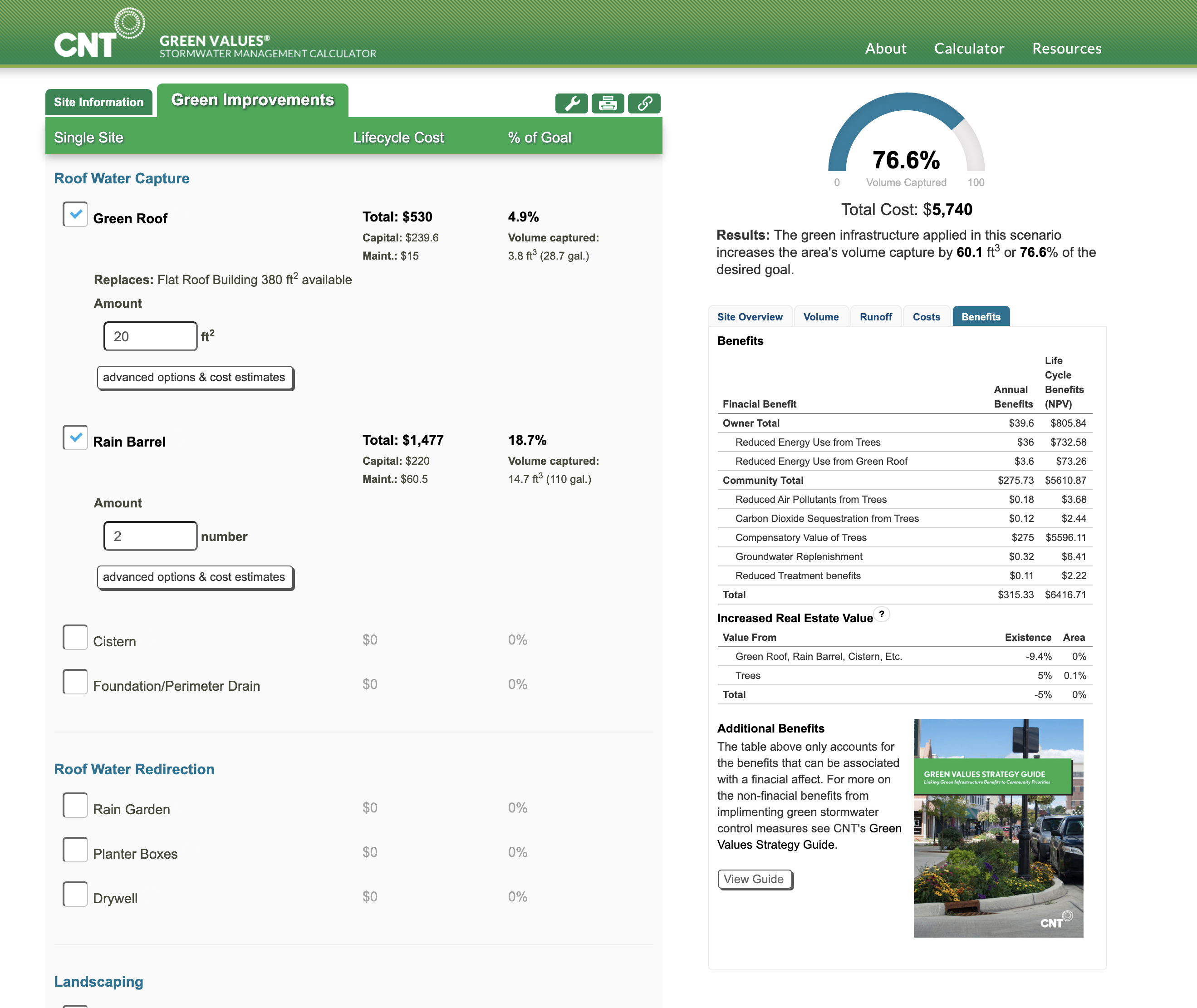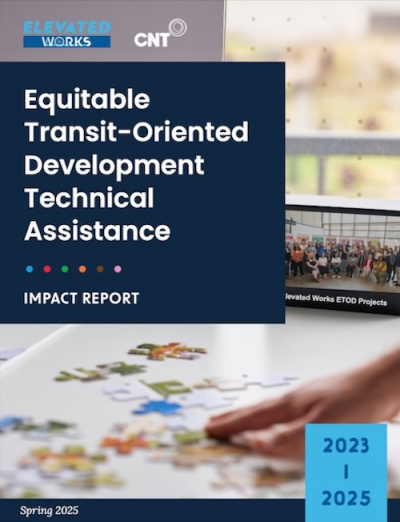
H+T Affordability Index October 2022 Update
CNT’s H+T® Affordability Index has just been updated, the first update since 2016. For most households in the United States, housing and transportation represent the largest and second-largest expenditures respectively. The H+T Affordability Index combines housing and transportation (driving and transit) costs to offer an expanded view of affordability, one that highlights the importance of location-efficient places in supporting livability and affordability. In this update we... Read the rest of this entry »
CNT Celebrates Passage of Connected Communities Ordinance
Chicago is beautiful, vibrant and rich in arts and culture. So many corners of the globe are represented in the 77 neighborhoods that create the map of our City. The story of Chicago is the story of Indigenous Peoples, Immigrants, Migrants, and descendants of Enslaved Africans. It is also the story of segregation and redlining. It is a story of a City that was not designed for all of its citizens. To undo that legacy of disinvestment and inequity it takes boots on the ground, amplifying... Read the rest of this entry »
Fueling the Electric Vehicle Movement with Equity
This past week, as a member of the Toward Equitable Electric Mobility (TEEM) Illinois cohort, I had the pleasure of attending TEEM’s first in-person annual convening and Forth’s Roadmap Conference in Portland, Oregon. The electric vehicle sector is revved up and eager to expand in the face of the capital to be made and legacies to build, while simultaneously acting in response to climate change. Forth’s Roadmap Conference refocuses the lens, uplifting processes, projects, and... Read the rest of this entry »
The New and Improved ETOD Calculator
What is ETOD and Why it Matters CNT has been advocating for transit oriented development (TOD) for more than 25 years. TOD looks like dense, pedestrian-friendly, mixed-use projects near train stops that allow people to use transit to access multiple needs like housing, jobs, education, shopping, healthcare etc, reducing their time spent on travel and reducing greenhouse gas emissions. However, as TOD has been rolled out, many Black and Brown, low-income communities have been either... Read the rest of this entry »
CNT Develops Mobile Web App for Walkability Assessments
The Consortium to Lower Obesity in Chicago Children (CLOCC) has been partnering with community-based organizations (CBOs) for more than a decade to identify and address barriers to walkability in their neighborhoods. To do this, CLOCC developed their Neighborhood Walkability & Accessibility Assessment Tool (NWAAT), first as a paper and later as an on-line survey tool, providing CBOs with an instrument to gather data used to support their requests to the City of Chicago for local... Read the rest of this entry »
The Problems With the justice40 Screening Tool, and Some Ideas for How to Improve It
The Center for Neighborhood Technology (CNT) has been a strong supporter of the concept of Justice40 since its announcement in early 2021. The goal of this program is to direct at least 40% of the benefits of federal investment to communities that have historically been left behind. Defining those communities is critical, and the federal government attempted this with the release of the Climate and Economic Justice Screening Tool in February 2022. Generally, the federal definition of... Read the rest of this entry »
Rising Gas Prices and Total Diving Costs
Since 2008, when gas prices reached record highs, CNT’s H+T Affordability Index has highlighted the impacts of gas prices on household transportation costs. The Total Driving Costs tool allows users to slide the gas price up or down and see how volatility in the price at the pump impacts communities differently. The H+T Affordability Index has long shown that the old “Drive Till You Qualify” real estate mantra fails to capture the higher transportation costs that accompany the... Read the rest of this entry »
How Green Infrastructure Affects Home Values in New Orleans
Green stormwater infrastructure (GSI) is an important tool to build resilience to climate change but needs community support to be effective. In late February, as part of CNT’s continued work to examine the effect of GSI on property values, I joined Leslé Honoré, Managing Director of Strategy and Communications, to discuss this topic with the community of Gentilly in New Orleans. In partnership with Father Tony Ricard and St. Gabriel the Archangel Church, we had the incredible... Read the rest of this entry »
Working With CBOs for Transportation Equity
Decisions by transportation agencies have often harmed communities that have not been in positions to advocate for themselves or contribute to decision making. Increasingly, the leaders and staff of transportation agencies recognize this problem and are looking for approaches to improve equity in their transportation decisions. We often hear them ask: “We recognize the need to commit to equity. BUT HOW?” While there is more than one answer to this question, one approach has proven to deliver... Read the rest of this entry »
Authentic Collaboration: Critical to Equitable Outcomes
Little Village Environmental Justice Organization (LVEJO), an environmental justice (EJ) organization based in the Little Village neighborhood, and Center for Neighborhood Technology (CNT), a research and data analytic planning organization in Chicago, are creating a Geographic Information Systems (GIS) 101 Toolkit for EJ organizations to help them conduct basic mapping and analysis. Throughout toolkit development, the Milwaukee-based EJ organization Milwaukee Water Commons (MWC) is testing to... Read the rest of this entry »





 Strengthening Transit Through Community Partnerships
Strengthening Transit Through Community Partnerships








